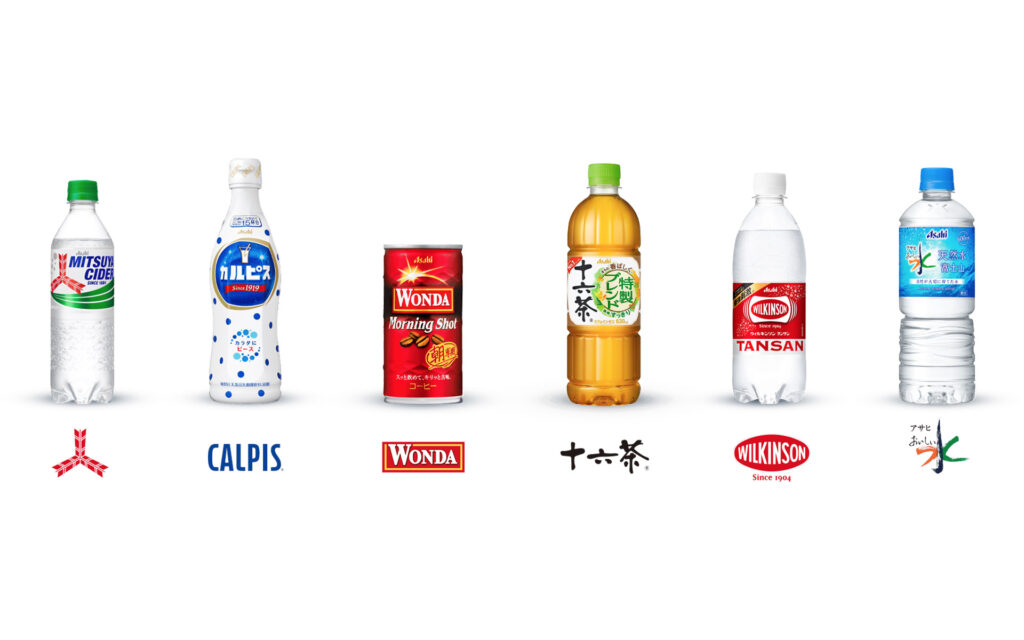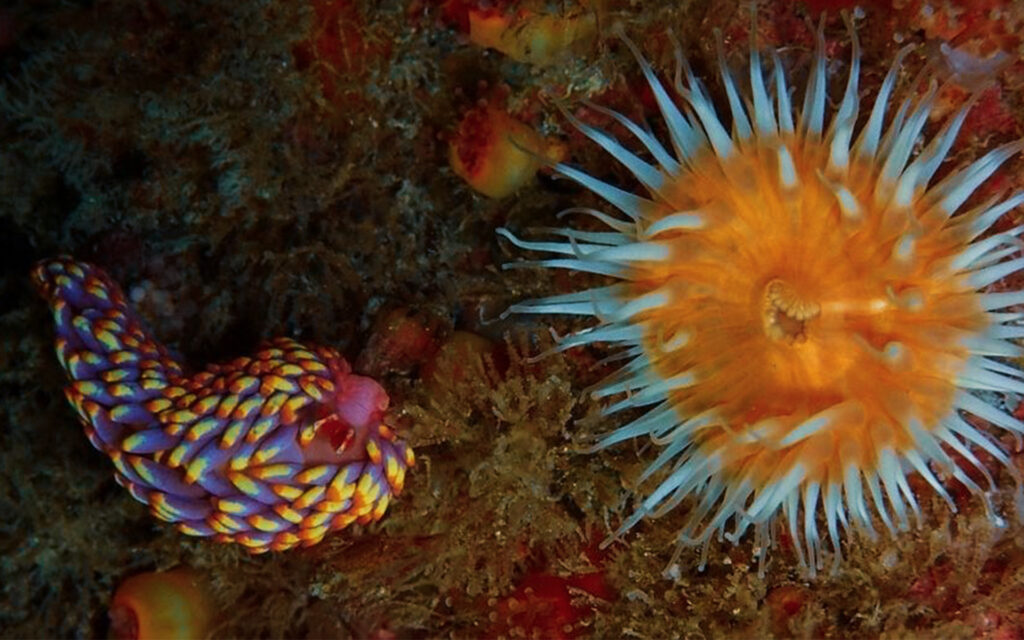In recent years, attention to environmental sustainability and the need to reduce carbon dioxide emissions have taken center stage. Here we present sustainable news that highlights the changes we are witnessing. Against this backdrop, a new manufacturer of soft drinks sold through vending machines, Ashai Soft Drinks, has hit the market with some innovation. What makes Ashai so unique is its ability to absorb carbon dioxide, thus reducing the environmental impact of soft drinks vending machine. At the same time, fashion brand C&A also announced an innovative initiative to reduce textile waste, launching a line of garments made by reusing discarded cotton fabrics. Finally, the discovery of the Babakina anadoni mollusk in Cornwall has caused amazement, perplexity, and also concern.
Insights on the interesting sustainable news
The Asahi case
Asahi Soft Drinks is one of Japan’s leading beverage manufacturers. It operates 260,000 vending machines under its own brand name and it bought Italy’s Peroni in 2016. It has decided to launch a project to reduce its carbon footprint. That involves a new vending machine that can absorb carbon dioxide while sucking in air to cool or heat the drinks inside. The absorbed carbon dioxide will then be reused as fertilizer or in the construction industry. One of Asahi’s distinguishing features is its carbon dioxide absorption system which uses state-of-the-art technology, thus reducing its environmental impact. This process is done through the use of special filters that trap carbon dioxide, allowing the distributor to release significantly less of this greenhouse gas into the atmosphere. The company has set a goal of replacing its current 260,000 machines by 2024. In addition to the environmental aspect, Asahi is also committed to selecting high-quality beverages from producers who adopt sustainable practices.

C&A: garments made by reusing cotton waste fabrics
While Ashai focuses on the beverage industry, C&A, a well-known fashion brand, has decided to do its part for environmental sustainability in textiles. C&A has announced the launch of a new line of garments made entirely from cotton waste fabrics. This initiative aims to reduce fabric waste and promote the use of recycled materials in the fashion industry.
Cotton waste fabrics are materials that would otherwise be sent to landfills or burned for disposal. With innovative technology that allows these fabrics to be reused to create fashionable, high-quality clothing, the brand is helping to reduce waste by offering a sustainable solution for those seeking eco-friendly clothing.

Unexpected aquatic creatures
These initiatives demonstrate that it is possible to combine a taste for quality products with environmental protection, an essential factor given continuing climate change. Further evidence of rising temperatures was the sighting of Babakina anadoni a fascinating marine mollusk, off the coast of Cornwall.

This exceptional discovery has attracted the attention of many but has also raised concerns about its presence and role in a place where under normal climatic conditions it could not survive.
Rising global temperatures, ocean acidification, and extreme weather events are already having a significant impact on marine ecosystems around the world. These environmental changes can affect the distribution and habitat of marine species, as was the case here.
The Cornish rainbow mussel represents a wonderful and fascinating entity. However, its presence in this area could be a sign of the consequences of climate change on delicate marine ecosystems.
It is critical to urgently address the challenge of climate change and take measures to reduce greenhouse gas emissions, preserve marine diversity and protect marine habitats.





